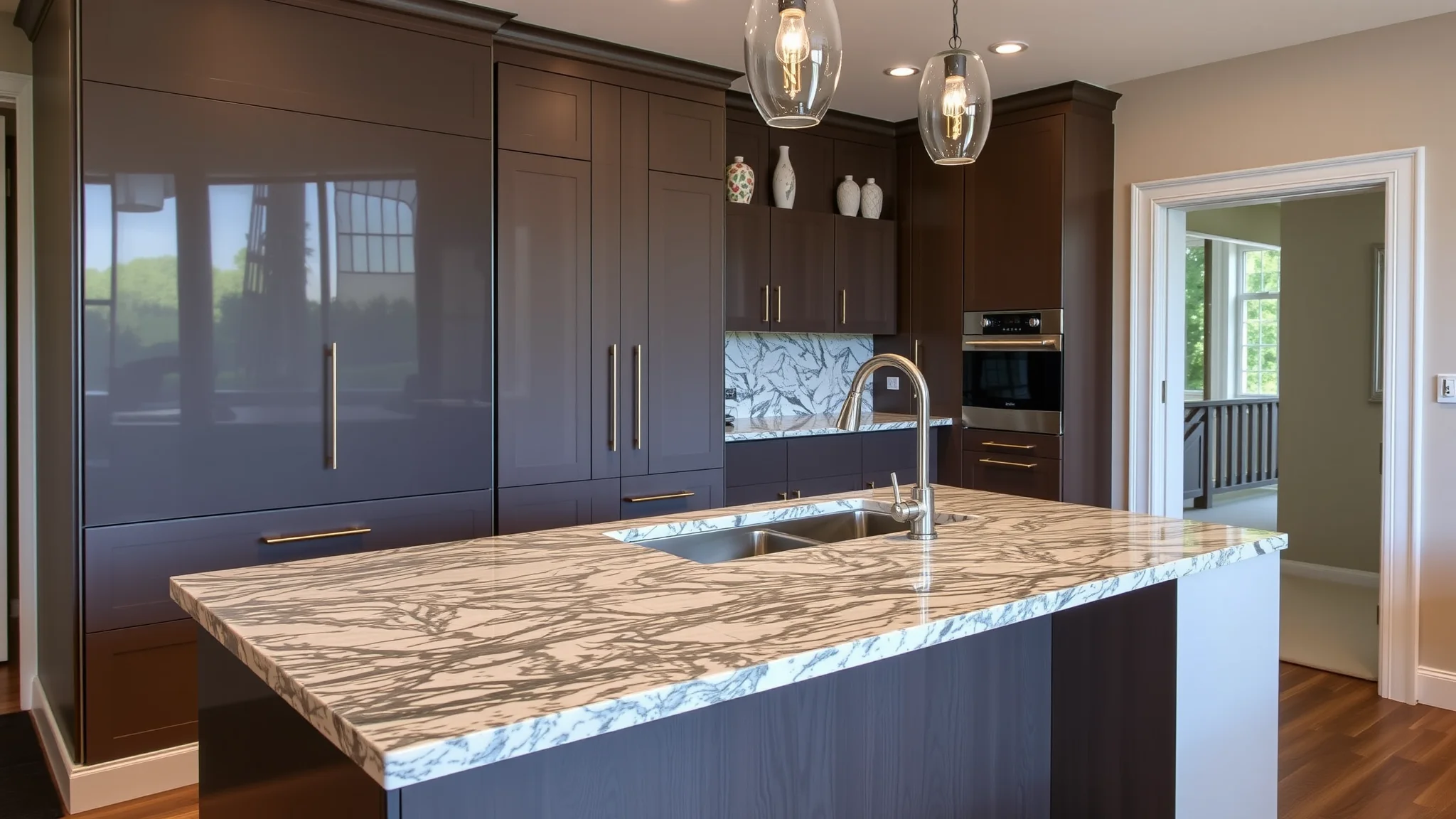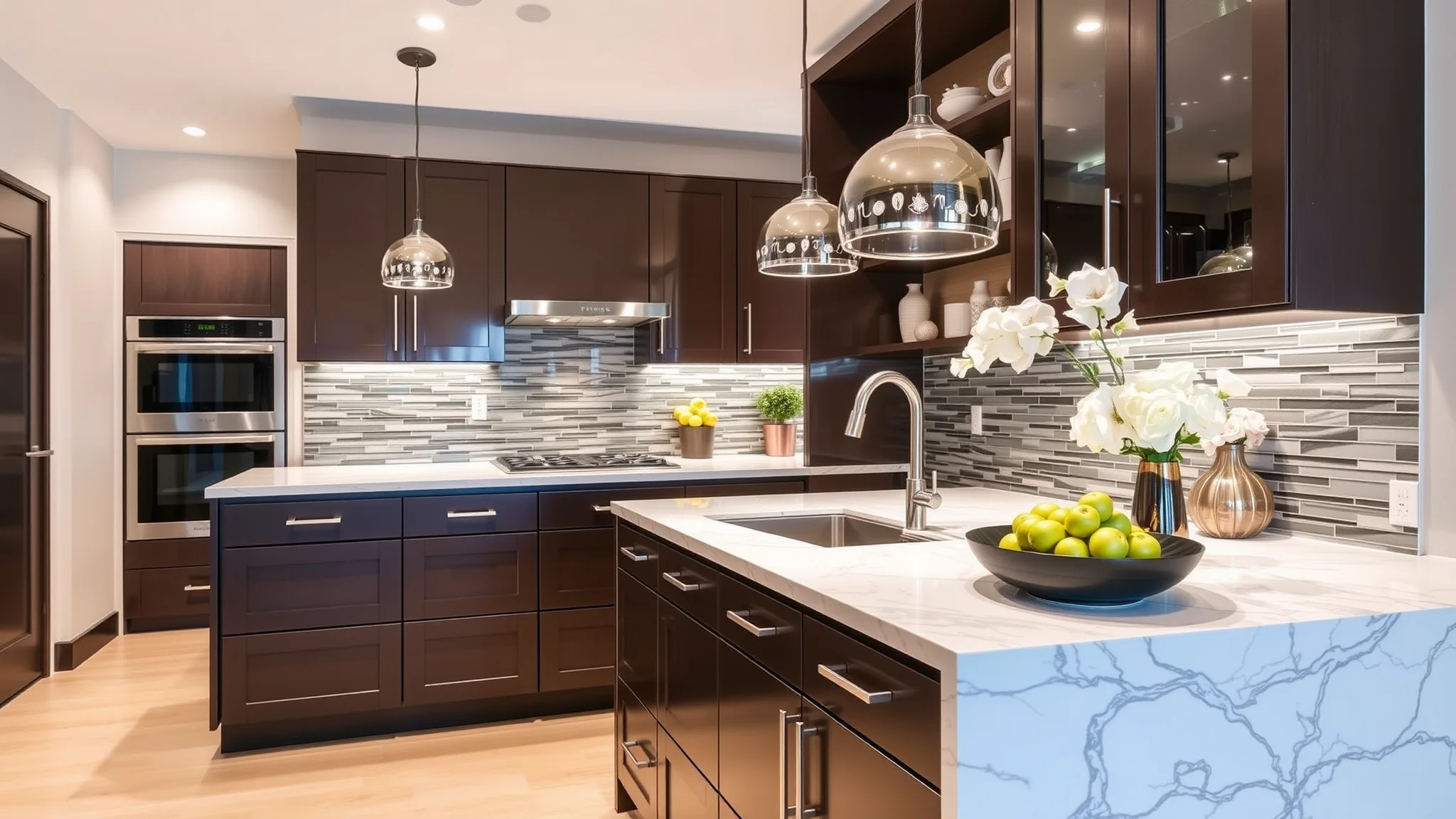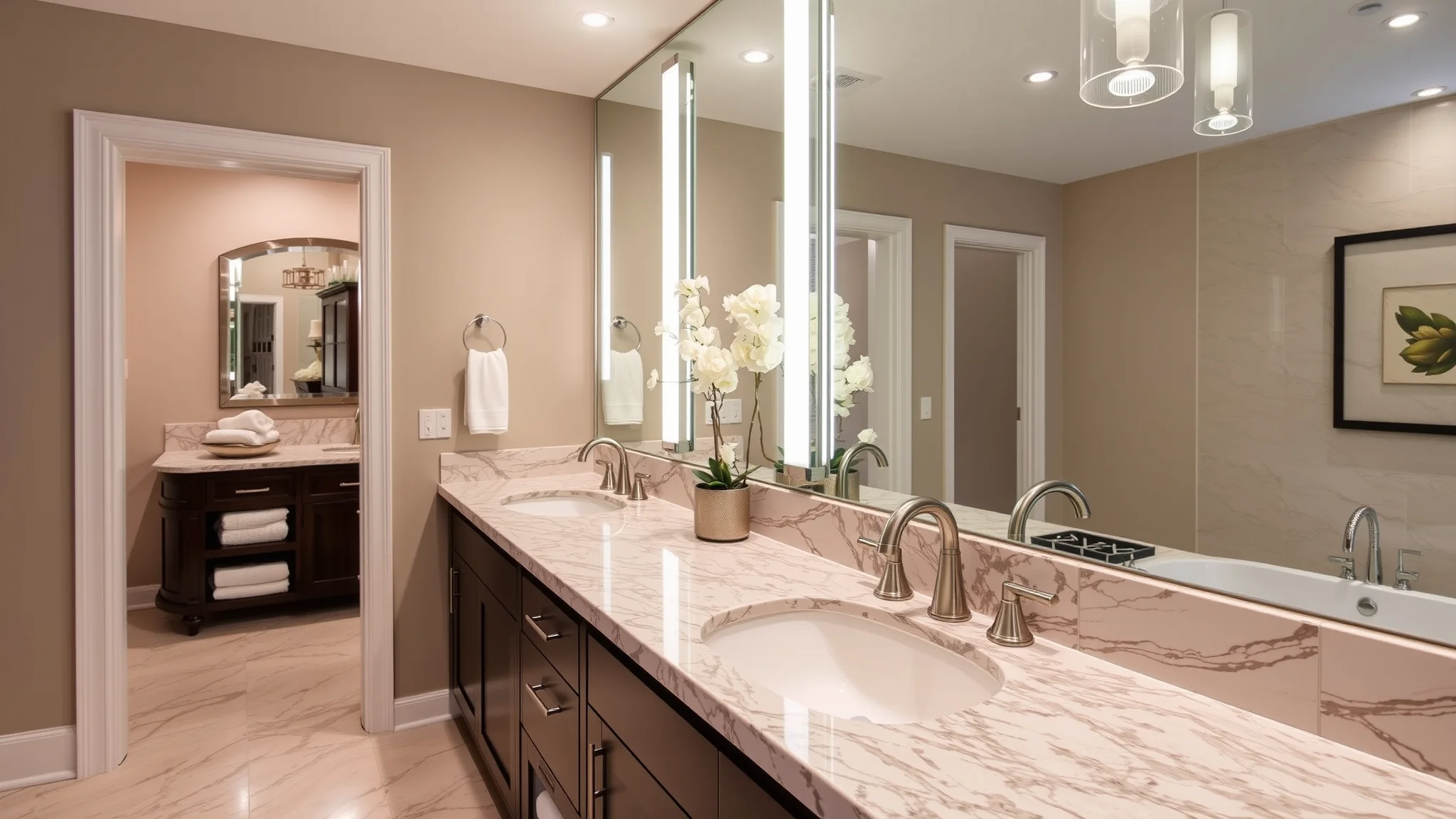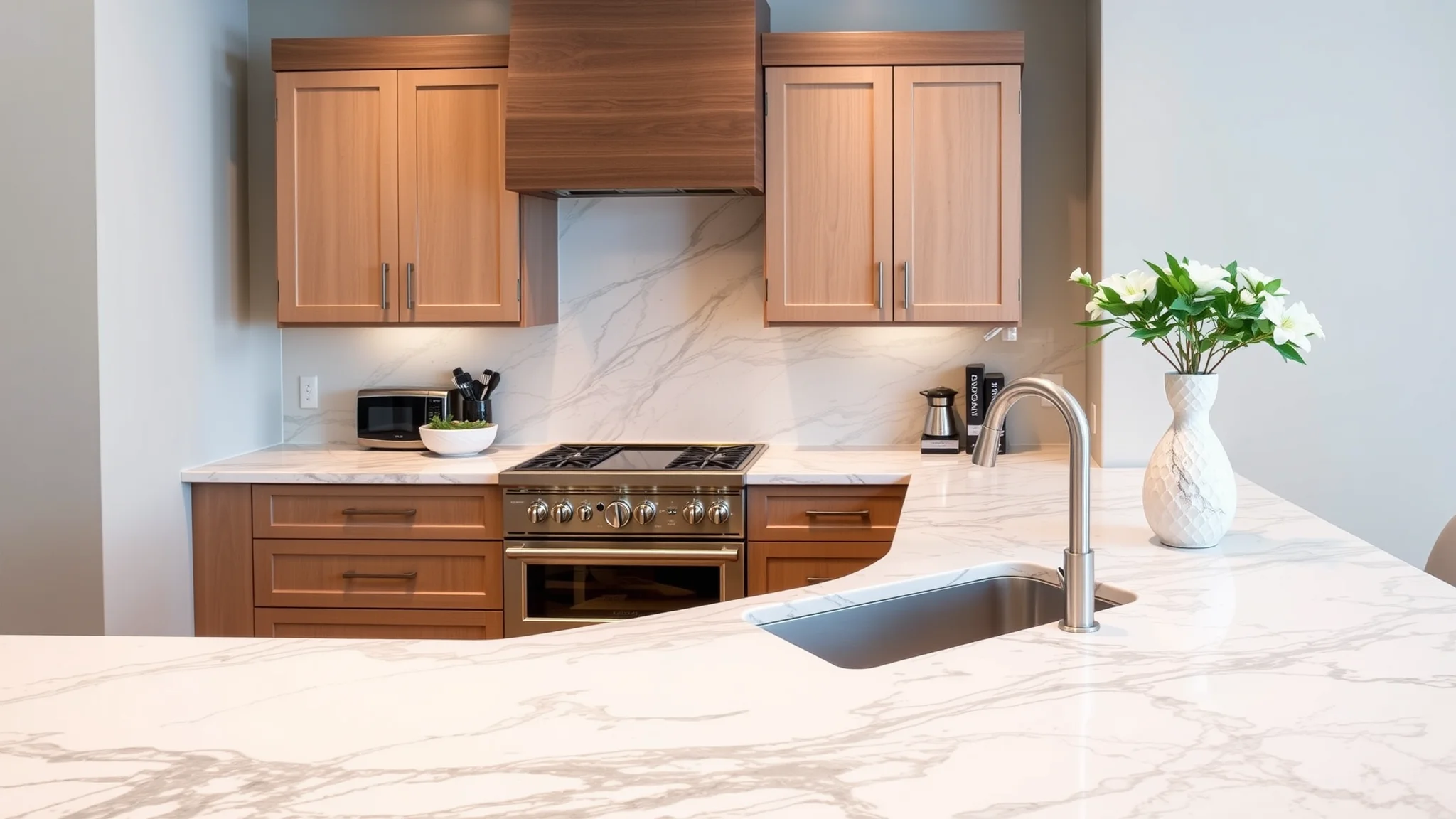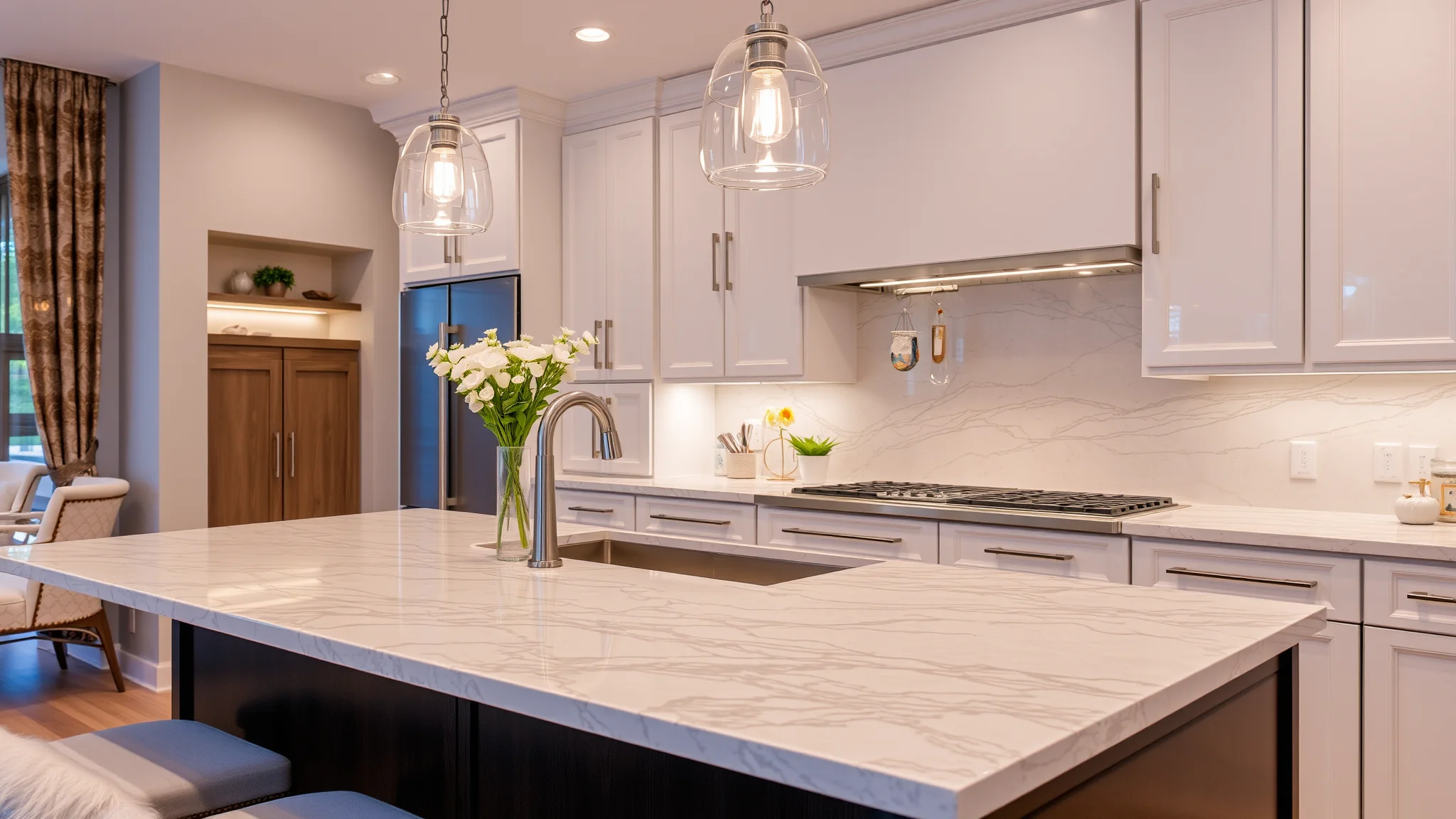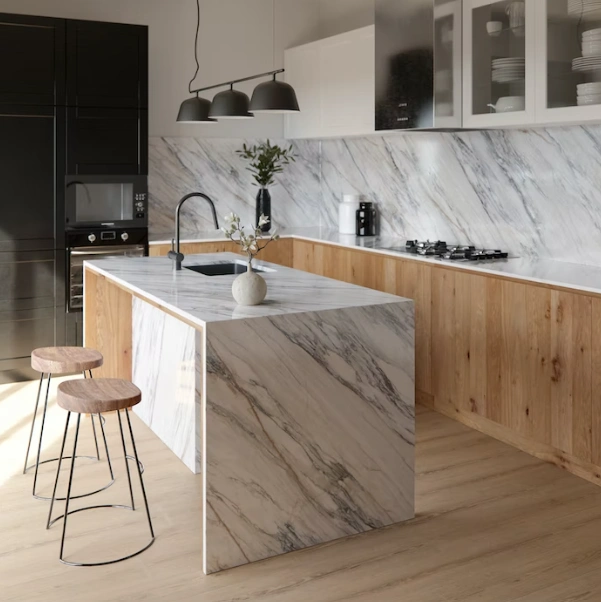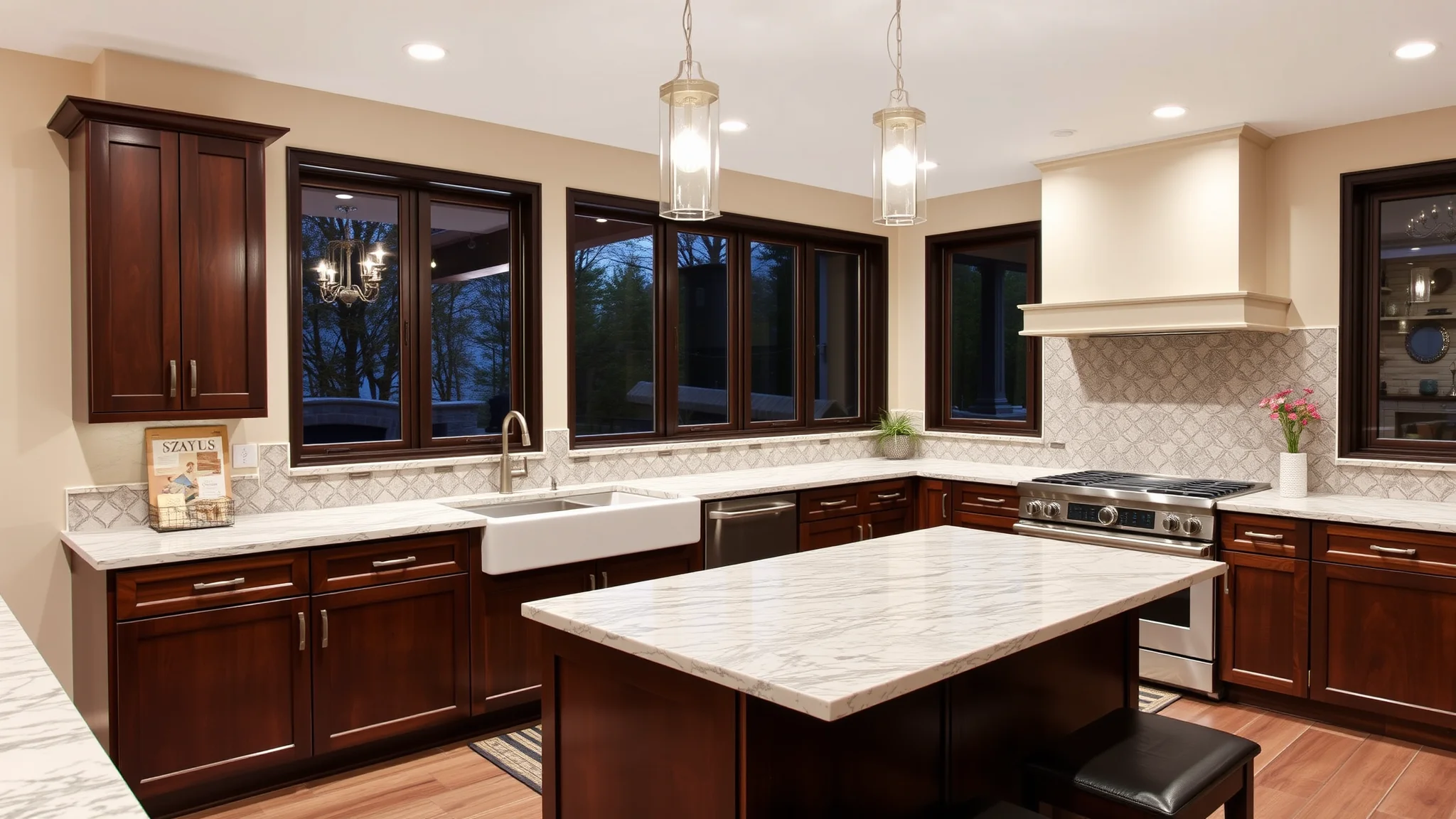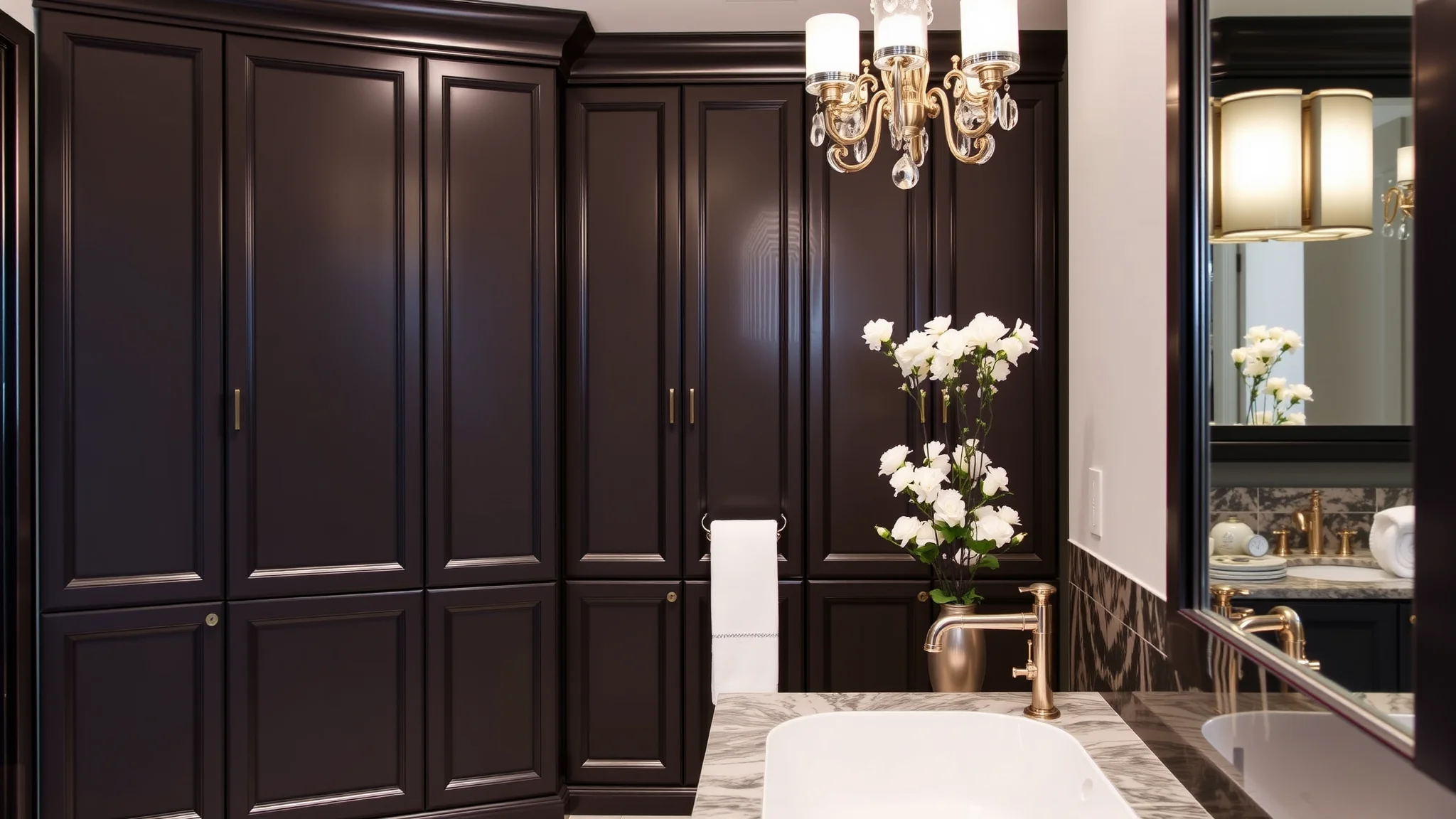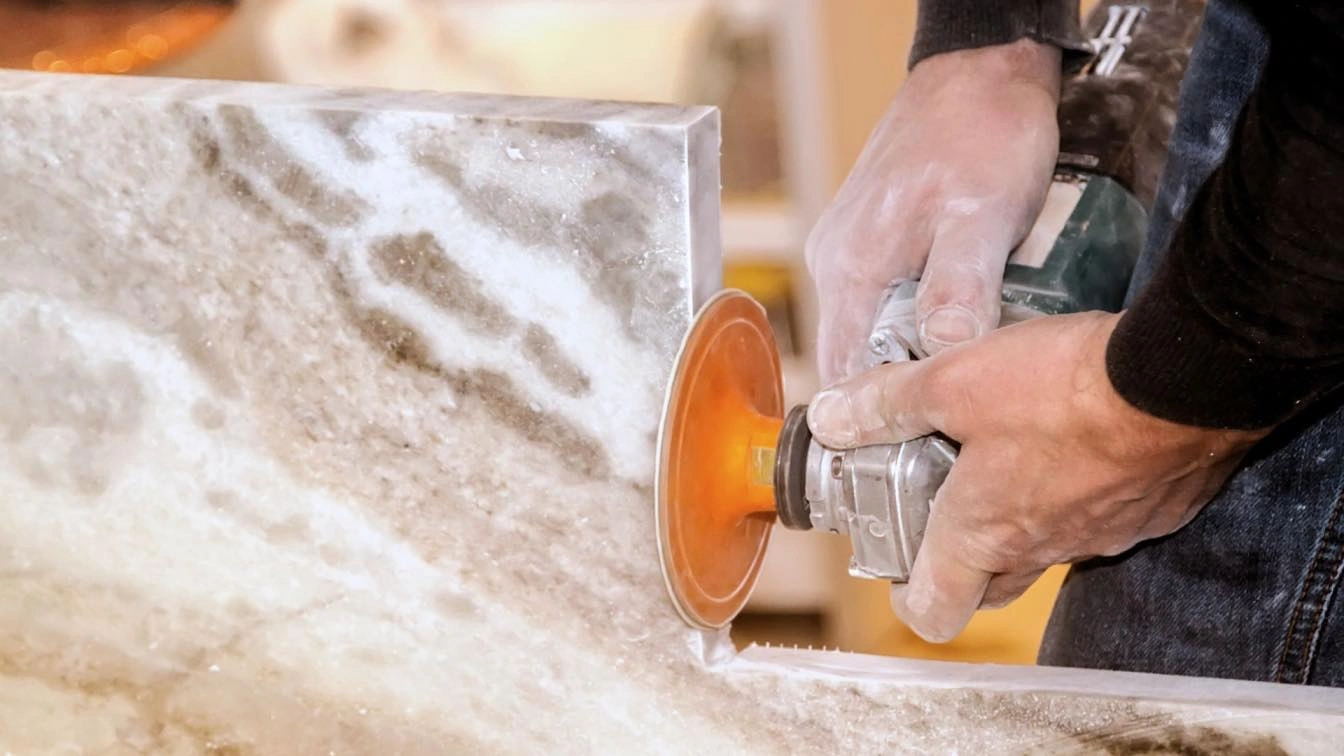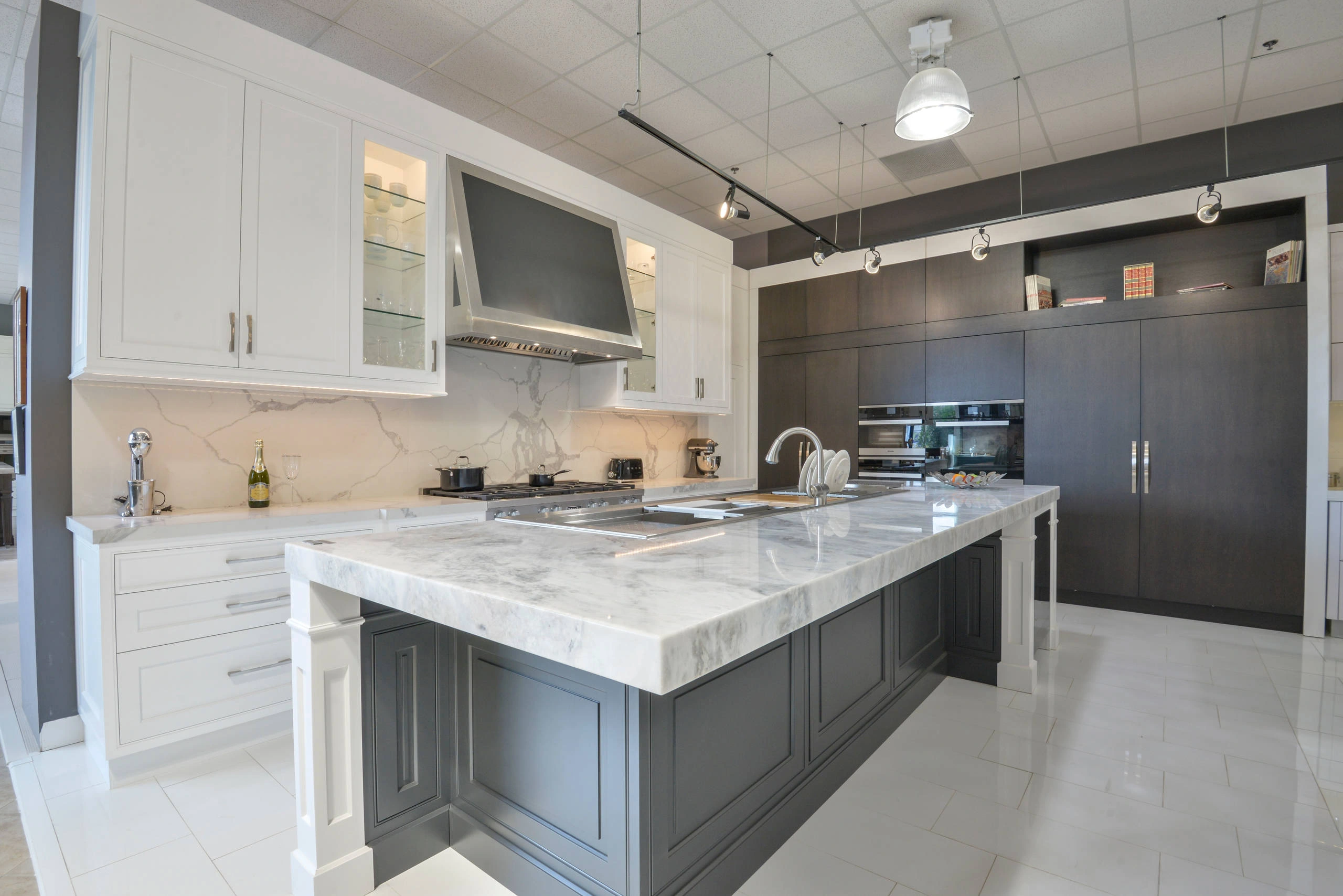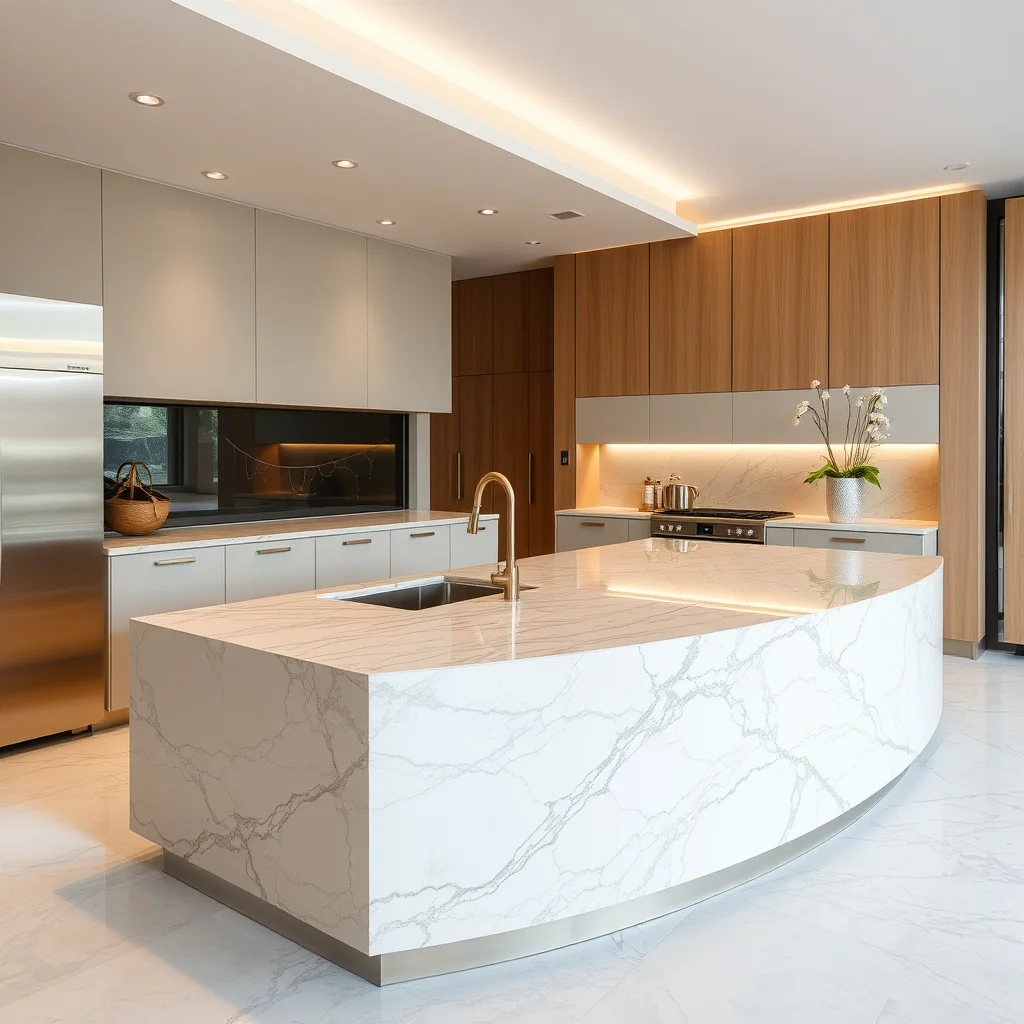
How to Fix Discoloration on Quartz Countertops Easily
How to Fix Discoloration on Quartz Countertops: Effective Tips for Restoring Your Surface
Quartz countertops are celebrated for their durability, elegance, and broad color options, making them a popular choice in modern kitchens and bathrooms. However, like all surfaces, they can sometimes develop discoloration due to various factors such as spills, exposure to sunlight, or improper cleaning methods. If you're wondering how to fix discoloration on quartz countertops, you're in the right place. This comprehensive guide offers expert insights, practical solutions, and actionable tips to help restore your surface to its original beauty.
What Causes Discoloration on Quartz Countertops?
Understanding the root causes of discoloration is essential before attempting repairs. Common factors include:
- Chemical Damage: Harsh cleaners or acids can dull or stain quartz surfaces.
- Sunlight Exposure: Ultraviolet rays can cause fading or color changes over time.
- Heat and Stains: Hot pans or spills of oily substances may lead to permanent marks.
- Water and Mineral Deposits: Hard water spots or mineral buildup can cause discoloration.
- Improper Cleaning: Using abrasive tools or bleach can damage finish and color.
Can Discoloration Be Repaired on Quartz Countertops?
The good news is that many forms of discoloration can be effectively addressed, especially when the root cause is identified early. Restorative techniques range from simple cleaning adjustments to advanced resurfacing processes. It’s important to evaluate whether the discoloration is superficial or ingrained, as this impacts the choice of remedy.
How Do I Identify the Type of Discoloration on My Quartz Surface?
Before proceeding with repairs, assess the nature of the discoloration:
- Surface stains or spots: Usually caused by spills or minor chemical contact.
- Fading or dull patches: Might be due to sunlight exposure or cleaning mishaps.
- Color inconsistencies or streaks: Can indicate mineral deposits or internal issues.
Identifying these factors helps determine whether a simple cleaning will suffice or if professional restorative services are necessary.
What Are Practical Steps to Fix Discoloration on Quartz Countertops?
1. Start with a Gentle Cleaning Solution
Often, discoloration reacts well to basic cleaning. Use a pH-balanced quartz cleaner or a mixture of mild dish soap and warm water. Apply with a soft cloth and gently scrub the surface. Rinse thoroughly and dry with a microfiber towel. Regular cleaning can prevent future staining and keep your quartz looking pristine.
2. Use a Baking Soda Paste for Stubborn Stains
For more persistent spots, a cleaning paste made from baking soda and water can be effective. Apply the paste to the stained area, cover it with plastic wrap, and let it sit for a few hours or overnight. Then, gently scrub with a soft cloth or sponge and rinse thoroughly. This method helps lift surface stains without causing damage.
3. Apply a Quartz Restorative or Polishing Kit
If dullness or fading is the issue, consider using a quartz-specific restorative polish. These products are designed to revive the shine and restore vibrancy without harming the surface. Follow the manufacturer's instructions meticulously for best results.
4. Seek Professional Resurfacing or Restoration
Sometimes, discoloration is deeper than surface stains. In such cases, professional services like resurfacing may be necessary to sand and polish the surface back to its original condition. When searching for qualified experts, check out [how to find countertops professionals in Grayson, Texas](https://bcgcabinetandstone.com/post/how-to-find-countertops-professionals-grayson-texas).
Are There Preventative Measures to Avoid Discoloration?
Preventive care is key to maintaining the beauty of your quartz surface:
- Use Coasters and Trivets – Protect surfaces from hot items and spills.
- Avoid Harsh Chemicals – Steer clear of bleach, ammonia, or abrasive cleaners.
- Clean Spills Immediately – Quickly wiping up liquids prevents staining or mineral deposits.
- Limit Sun Exposure – Use window coverings or UV protectants if your quartz is exposed to direct sunlight.
- Regular Maintenance – Routine cleaning prolongs the surface's lifespan and appearance.
When Should I Consult a Professional about Discolored Quartz?
If DIY methods don't yield satisfactory results, or if the discoloration persists after comprehensive cleaning, it's time to consult a professional. Experts can evaluate whether deeper issues like internal staining or chemical etching are contributing factors. Consider reaching out to specialists for services such as quartz resurfacing or advanced restoration techniques.
Can Certain countertop Materials Better Resist Discoloration?
While quartz is highly durable, some materials are more resilient to discoloration. For example, [Dekton countertops](https://bcgcabinetandstone.com/post/countertops-dekton-for-ultradurable-surfaces) are engineered to withstand harsh conditions and UV exposure. Exploring different options can help you select surfaces suited to your lifestyle and aesthetic preferences.
What Are the Best Strategies for Long-Term Maintenance?
Maintaining your quartz countertops involves a combination of diligent cleaning and cautious usage:
- Implement a consistent cleaning routine using gentle, pH-neutral products.
- Avoid placing hot cookware directly on the surface.
- Protect against scratches by using cutting boards and avoiding metal utensils.
- Address spills immediately to prevent staining or mineral buildup.
- Periodically inspect for signs of wear or discoloration and act promptly.
Can I Customize My Quartz Countertops to Avoid Discoloration?
Yes, choosing custom finishes and treatments can enhance resilience. For example, some manufacturers offer countertops with specialized surface coatings that resist stains and UV damage. If you're interested in unique finishes, explore options like a copper patina, which [adds character and durability](https://bcgcabinetandstone.com/post/countertops-copper-for-unique-patina-finish) to your surfaces.
Where Can I Find Quality Quartz Countertops and Professional Installation?
Quality is paramount when selecting quartz surfaces. To ensure you get the best product and installation, visit local stores and consult experienced professionals. For a list of reputable providers, check out [what countertop shops are available in Collin, Texas](https://bcgcabinetandstone.com/post/what-countertops-shops-are-available-collin-texas). Proper installation is critical for longevity and aesthetic appeal, so don’t hesitate to rely on experts for a flawless finish.
FAQ: Frequently Asked Questions About Discoloration on Quartz Countertops
No, bleach and aggressive chemicals can damage the surface's finish and cause discoloration. Always opt for pH-balanced cleaners specifically formulated for quartz surfaces.
Warranty coverage varies by manufacturer and specific circumstances. It's best to review your product's warranty or consult with your supplier for guidance on repairs and claims.
Regular cleaning once a day with gentle, non-abrasive products is recommended to maintain appearance and prevent buildup of stains or mineral deposits.
Prolonged exposure to direct sunlight can fade or alter the color of some quartz countertops. Using UV-protective films or window treatments can mitigate this risk.
Yes. Using abrasive scrubbers, harsh chemicals, or excessive scrubbing can scratch or dull the surface, making discoloration worse. Follow manufacturer instructions carefully or seek professional advice if in doubt.
In summary, maintaining the beauty of your quartz countertops involves understanding the causes of discoloration, implementing proper cleaning routines, and knowing when to seek professional intervention. With careful upkeep and timely restorative actions, you can keep your surfaces looking vibrant and new for years to come. For expert assistance and high-quality craftsmanship, trust BCG Cabinet & Stone LLC — your partner in premium countertop solutions.


